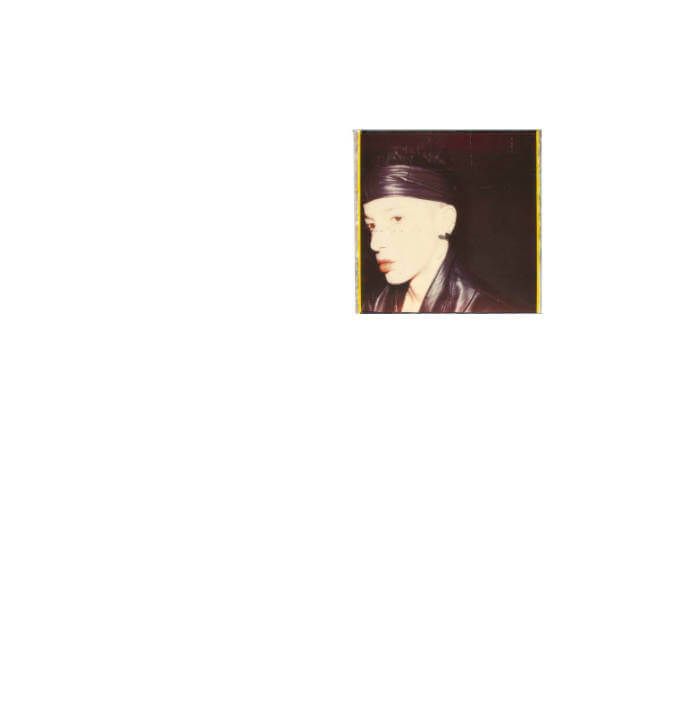
Love, Emily (vinyl LP)
The restored and remastered vinyl reissue of a sound performance by American writer Kathy Acker and French noise/experimental band Nox, published in 1987, with a poster and a previously unpublished set of documents, letters, texts and photos.
Originally released in a long sold-out edition of 50 cassette tapes, Love, Emily (Acte 3) was the third and final album of Michel Henritzi's industrial label AKT Production. Recorded in a Paris studio in 1987, this 25-minute collage of spoken word and noise saturations intersects two radical voices from literature and experimental music of the time: American author Kathy Acker reading excerpts from her book My Death My Life by Pier Paolo Pasolini, and Nox, mainstay of the French noise and industrial scene. Pulled from oblivion, restored and remastered for vinyl by Slow Moves, this archive gem crosses the clashing worlds of poetry and industrial music, melding Acker's thought-provoking words to absolute and inflexible industrial sounds. A lot of it is noise, but a lot of it is also play; research for a new mystique, generating unusual forms and unknown languages.
Published in a limited edition of 400 copies, this vinyl also comes with a long printed panel of previously unpublished photographs and letters from Kathy Acker, tracing the background exchanges that led to the collaboration between the groundbreaking writer, Henritzi and Nox, a poster of Kathy Acker with French translations and a download code featuring both music and extra archival material (interview and articles).
With Kathy Acker (voice), Gerome Nox (percussion, guitars, vocals), Mikhail H (guitars).
Language: English







